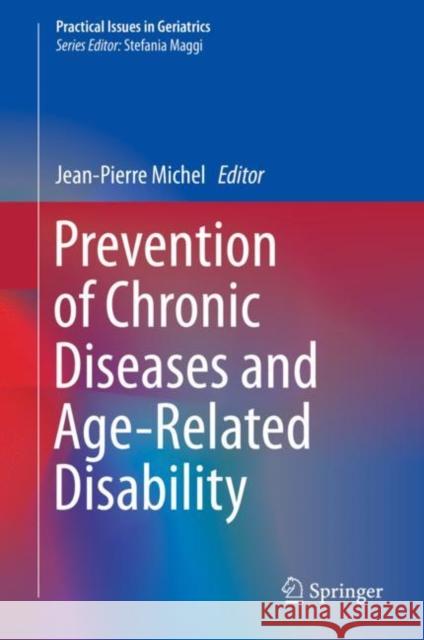Prevention of Chronic Diseases and Age-Related Disability » książka
topmenu
Prevention of Chronic Diseases and Age-Related Disability
ISBN-13: 9783319965284 / Angielski / Twarda / 2018 / 199 str.
Kategorie BISAC:
Wydawca:
Springer
Seria wydawnicza:
Język:
Angielski
ISBN-13:
9783319965284
Rok wydania:
2018
Wydanie:
2019
Ilość stron:
199
Waga:
0.54 kg
Wymiary:
24.13 x 18.8 x 1.52
Oprawa:
Twarda
Wolumenów:
01











